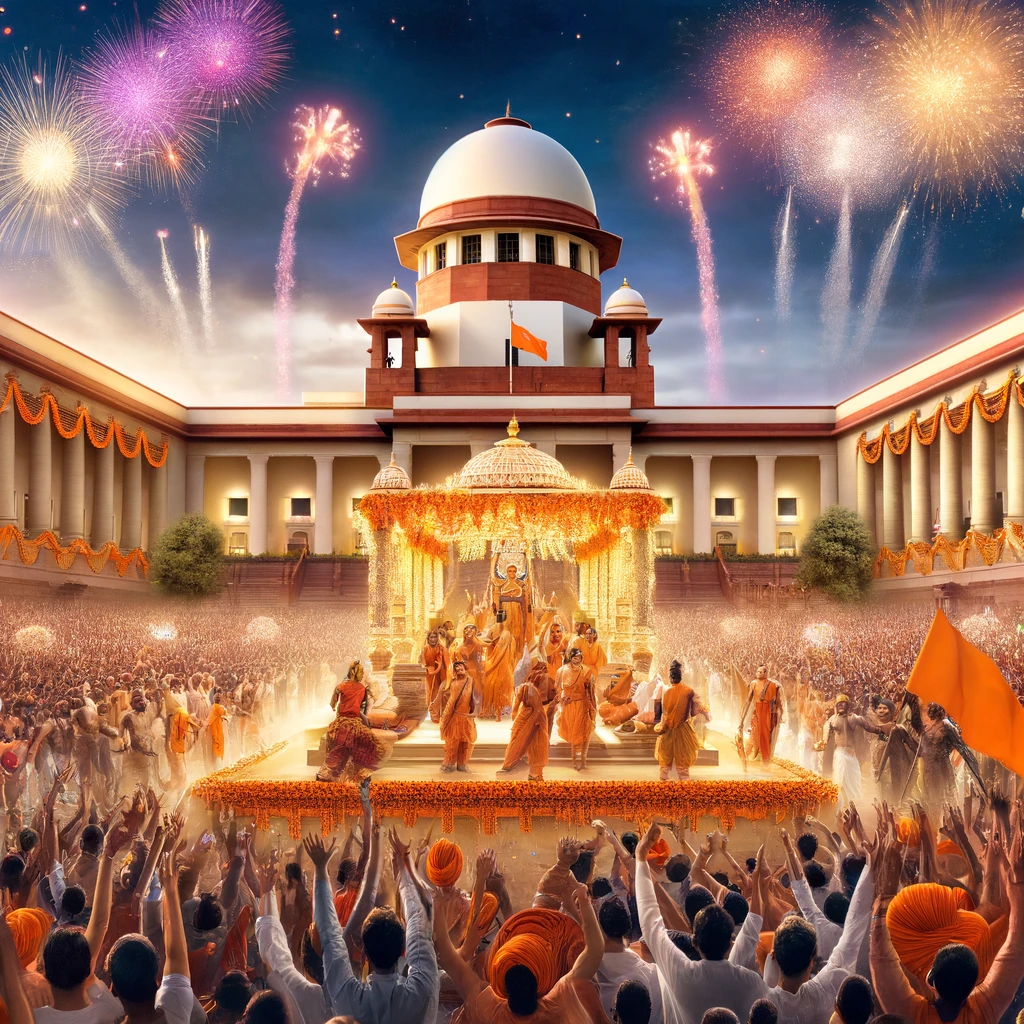Category: Supreme Court
Can Sessions Courts Handle UAPA Cases? SC Clarifies Jurisdiction!
The Court held that the High Court erred in quashing the proceedings under UAPA, as the Chief Judge, City Sessions Court, Calcutta had the jurisdiction to handle the case until a Special Court was designated by the State Government. The decision by the Chief Metropolitan Magistrate to extend remand beyond 90 days was deemed illegal, but since the accused did not seek default bail, this did not invalidate the entire proceedings (paras 29-30, 37).
Does the 2005 Amendment Ensure Equal Rights to Daughter in Ancestral Property? SC Explains!
The Court held that the High Court was justified in declaring the settlement between the defendants as invalid, and that a valid partition of ancestral property must consider the rights conferred by the 2005 Amendment to the Hindu Succession Act (paras 18-19, 43-44).
The Supreme Court ruled that a review petition under Order 47 Rule 1 of the CPC cannot be used as an appeal and should not revisit issues already decided unless there is a clear error apparent on the face of the record.
Key Judicial Interpretation The Supreme Court ruled that a review petition under Order 47 Rule 1 of the CPC cannot be used as an appeal [more…]
Can Property Transfers Be Voided Under Senior Citizen Act? SC Clarifies Conditions!
The Court held that there was no evidence or even a plea suggesting that the release deed was executed subject to the condition that the appellant would provide basic amenities and physical needs to the respondent (paras 14-15).
Did Babur Build the Mosque? Supreme Court: Ayodhya Verdict
Justice Sudhir Agarwal stated it was difficult to ascertain the exact period and reign of the concerned emperor during which the mosque was constructed due to lack of concrete material (Para 1679-1681).
SC Strikes Down Arbitration Deposit Clause as Unconstitutional
The court viewed the 10% “deposit-at-call” requirement as a deterrent to arbitration, making the process expensive and ineffective, and thus arbitrary and violative of Article 14 (Para 23-27).






